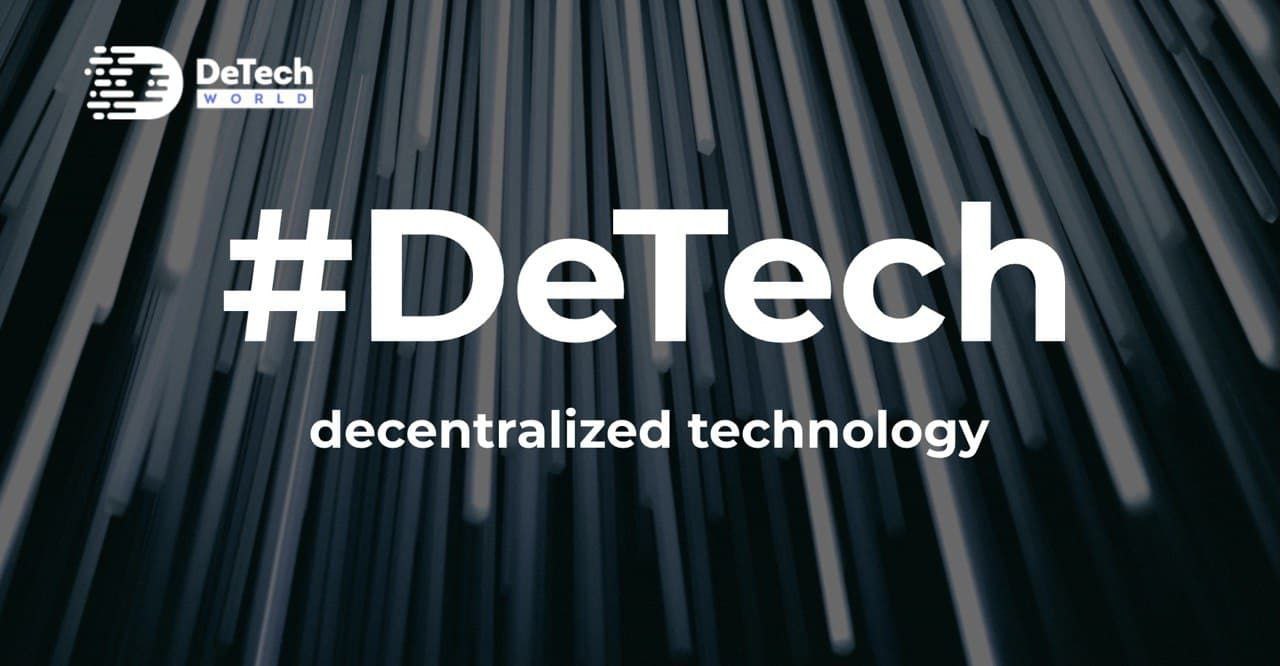
Outside of the actual running of the business, there is probably nothing more challenging for a tech entrepreneur than raising funds for a new venture. Countless courses, articles, and resources exist to tackle this problem because it is so complicated, especially for smaller tech entrepreneurs.
Typically, a business owner or innovator would have two routes to fund their ideas: loans or investors. With loans, they would need to approach a bank or some other lending institution for financial support. To do this, they would have to offer some sort of valuable collateral, which most small entrepreneurs and startups don't have. Even if the loan is approved, which is not very likely, there is also an interest rate to consider.
For tech entrepreneurs that opt for the investor route, there is no need to bring collateral but there are still some drawbacks. In exchange for funding, most investors take a stake in the business and demand some sort of say in how operations are run. Oftentimes, the wishes of the investors clash with those of the tech entrepreneur and it is not unheard of for business creators to be forced out of their positions entirely by investors.
In both cases, the 'traditional' method has a high barrier to entry and is not always convenient for the tech entrepreneur.
How DeTech.World Helps
The increased use of blockchain and the incoming era of Web3 has a lot of implications for users, which includes tech entrepreneurs. Take DeTech.World, a decentralized tech business financing platform that helps entrepreneurs access seed capital in a faster and more convenient way, even in the early stages of the project.
First, the blockchain-based system helps its users to value their tech business. Using that algorithm that considered several underlying factors, DeTech.World gives the underlying tech IP a number valuation. Then, a collateralization model decides how much money a tech business will be loaned for its development and expansion.
Unlike a traditional loan, the collateral to be used is the IP of the underlying tech. As soon as the terms are agreed via automated smart contracts, the money is transferred into the business' account. Then, a profile is created that tracks the loans that each tech business receives and their payback rate.
As the tech business pays back their smaller loans, their credit rating increases which allows them to access larger loans. Their collateralization factor also shrinks over time and all this is stored in metadata linked to the project. This does two things; first, it allows tech entrepreneurs to always have access to a capital pool and community support. It also means that there is a system of accountability and public record of tech businesses keeping to their word. They call it "Web3 accountability". Moreover, with financial support from Day1, tech innovations can reach commercialization much faster.
Business on Web3
The internet has shown in the last two decades that global business and all its benefits can be accessible to anyone. Now, Web3, the latest iteration of the internet, also called open internet, is going to be all about users having more control of the systems they use including private data.
For entrepreneurs, it means that access to capital will be easier and more transparent, as well as more community-focused. It's not an elite club anymore. The monopoly that the traditional system has had on the business world for decades will also see competition from platforms like DeTech.World that not only gives greater and easier access but more equity as well.
As Dr. Dimitri Sidorovitch, the CEO of DeTech.World, says, "With our novel Web3 approach we would like to return power back to creators and to enable infrastructure for commercialization of creative ideas making especially underutilized technology assets liquid".
With these new changes incoming, we can expect to see a whole new tech business financing landscape and practices in the years following the full rollout of Web3. To note, according to ARK Invest (https://ark-invest.com), the market cap of disruptive tech will amount to $210 trillion by 2030; all these tech assets need to be made liquid with DeTech.World.
* This is a contributed article and this content does not necessarily represent the views of techtimes.com









